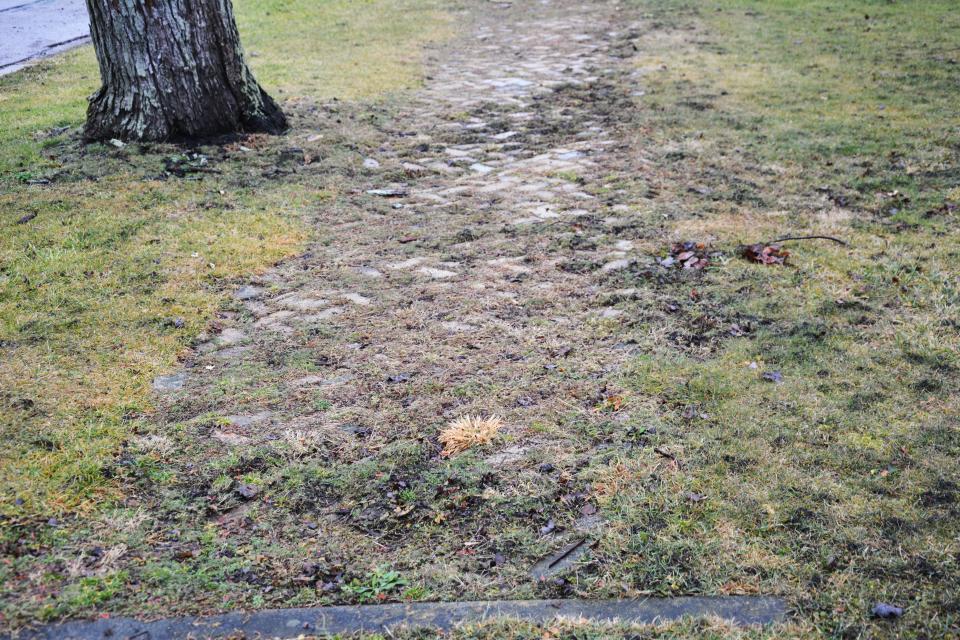Say goodbye to Styrofoam cups, take out containers and coolers. The expanded polystyrene (EPS) foam ban, including Styrofoam products, went into effect in the state of Washington on Saturday.
As the Washington Department of Ecology illustrates on its website, EPS foam items are not allowed to be sold in any stores or given out by restaurants. That means portable coolers and food service products like containers, plates, bowls, clam shells, trays, and cups will be banned.
The state agency also stated the ban prohibits the sale and distribution of these materials, “even if businesses or entities have previously purchased stocks of those products.” That means they can’t use up existing inventory now that the ban’s effective date has arrived.
Violators could be fined up to $250 for a first offense and a $1,000 fine for repeat violations thereafter.
There are some exemptions to the ban as well, including egg cartons, trays and packaging for raw, uncooked or butchered meat, fish, poultry or seafood, vegetables and fruit. EPS containers for drugs, medical devices, and biological materials or shipping perishable commodities from a wholesale or retail establishment also are exempt, the agency states on its website.
This latest ban comes after the state outlawed packing peanuts last year.
It should be noted the ban won’t make much of a difference for Seattle residents, as the city has already had Styrofoam products banned for over a decade, according to Ocean Conservancy’s Associate Director of U.S. Plastics Policy, Anja Brandon.
But, overall, the Ocean Conservancy estimates 5.6 billion pieces of plastic foam are used by Americans each year and more than 2.4 billion pieces of plastic foam foodware contaminate American recycling systems.
The problems with expanded polystyrene
As the Department of Ecology explains, EPS foam is a lightweight cellular plastic material consisting of small hollow spherical balls that are expanded and processed through a variety of techniques.
EPS materials are difficult to recycle, and it’s expensive, the agency said.
“They aren’t accepted in most of Washington’s residential recycling programs and are treated instead as a contaminant. Because they are not readily recyclable, the materials end up in landfills, waste-to-energy facilities, or the environment,” the website states.
Those materials are extremely brittle and break easily into tiny pieces. These small pieces scatter in the wind and contaminate the environment.
Brandon also explained how toxic the materials are and how they cause pollution.
“Plastic foam and polystyrene. It’s highly polluting in the environment, it’s highly polluting in our recycling stream, it’s made out of a toxic, it contains a bunch of toxics,” Brandon told MyNorthwest. “So really getting rid of it, getting it off our shelves, is good for people, the planet and for our ocean.”
The Ocean Conservancy reports plastic foam has been ranked one of the top five most common items found polluting beaches and waterways in Washington.
Why is the Washington Styrofoam ban needed?
“If you’ve ever had a cup or a takeout container, and you crunch it or break it apart, you can see that it’s made up of these tiny little beads of this foam. And it’s pretty brittle. So if it gets out into the environment, gets hit by a rock, or a wave, or an animal, it really easily breaks and sheds thousands and thousands and thousands of those microplastics,” Brandon said.
And once it’s a microplastic, it’s all but impossible to clean up. So that’s why this material has such a disproportionate impact, especially in the marine environment, which is why it’s so important to kind of get it off the shelves to begin with,” she continued.
Brandon also stated she hopes the state of Washington’s action in this area leads to further change in other areas.
“Washington has been working for years now to kind of try to bring about that much larger system change. And we’re hoping that bills like these that become law can kind of help continuing to push forward and keep the momentum up,” Brandon explained.
Benefits of the ban on EPS products
Brandon told MyNorthwest that while Washington consumers won’t be able to buy foam products anymore, over time they will see less pollution. Brandon said when a similar ban was passed in Maryland, the amount of plastic foam foodware collected by International Coastal Cleanup volunteers in Maryland declined by 65%.
“That’s less pollution on the beach, that’s, you know, better ability to enjoy our beaches and our coast,” she told MyNorthwest.
Brandon brought up another point, that the ban will save taxpayers’ money.
“Ratepayers and taxpayers end up paying for a lot of litter removal, especially in big popular beaches when you know, it impacts tourism. And the other thing we end up paying for is recycling and waste management,” she said. “And these materials often end up mistakenly in the recycling bin, which increases the cost for everyone for having to go back, sort those materials out, get them out of the system. So long term this should really help save Washingtonians a lot of money.”
Looking at alternatives to EPS products
Brandon stated her organization’s ideal shift would be to containers that can be used over and over. She is in Portland, Oregon, and said some of those options are available.
“Our best case scenario is that as a restaurant, or a store, you move to reusable containers,” she said. “So containers that repeat customers can bring back or are part of a larger shared infrastructure.”
Brandon also spoke of different types of plastic containers that are more recyclable.
“So, polypropylene, or high-density polyethylene, things like that. So you know, other containers, especially for takeout that are more recyclable, or fiber based with containers that can actually be composted,” she explained.
Signup bonus from



